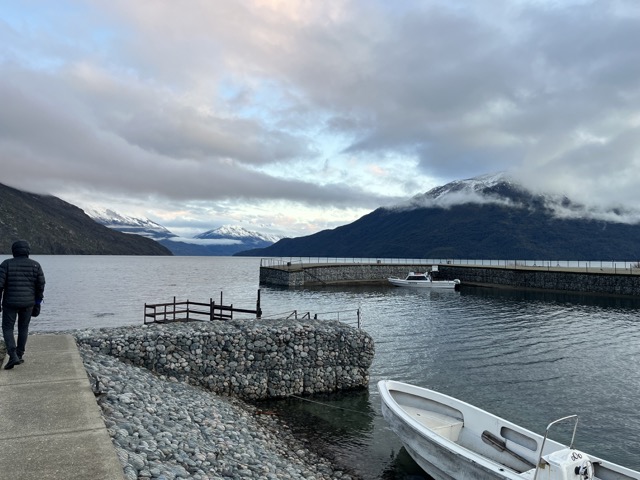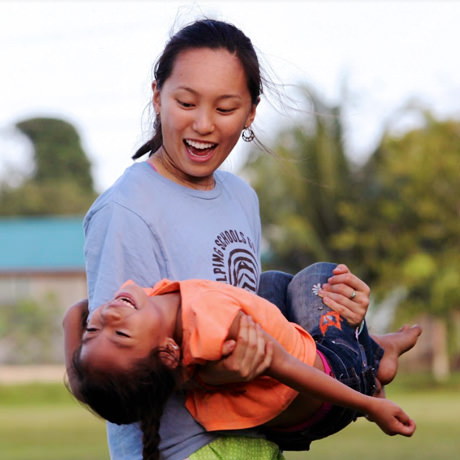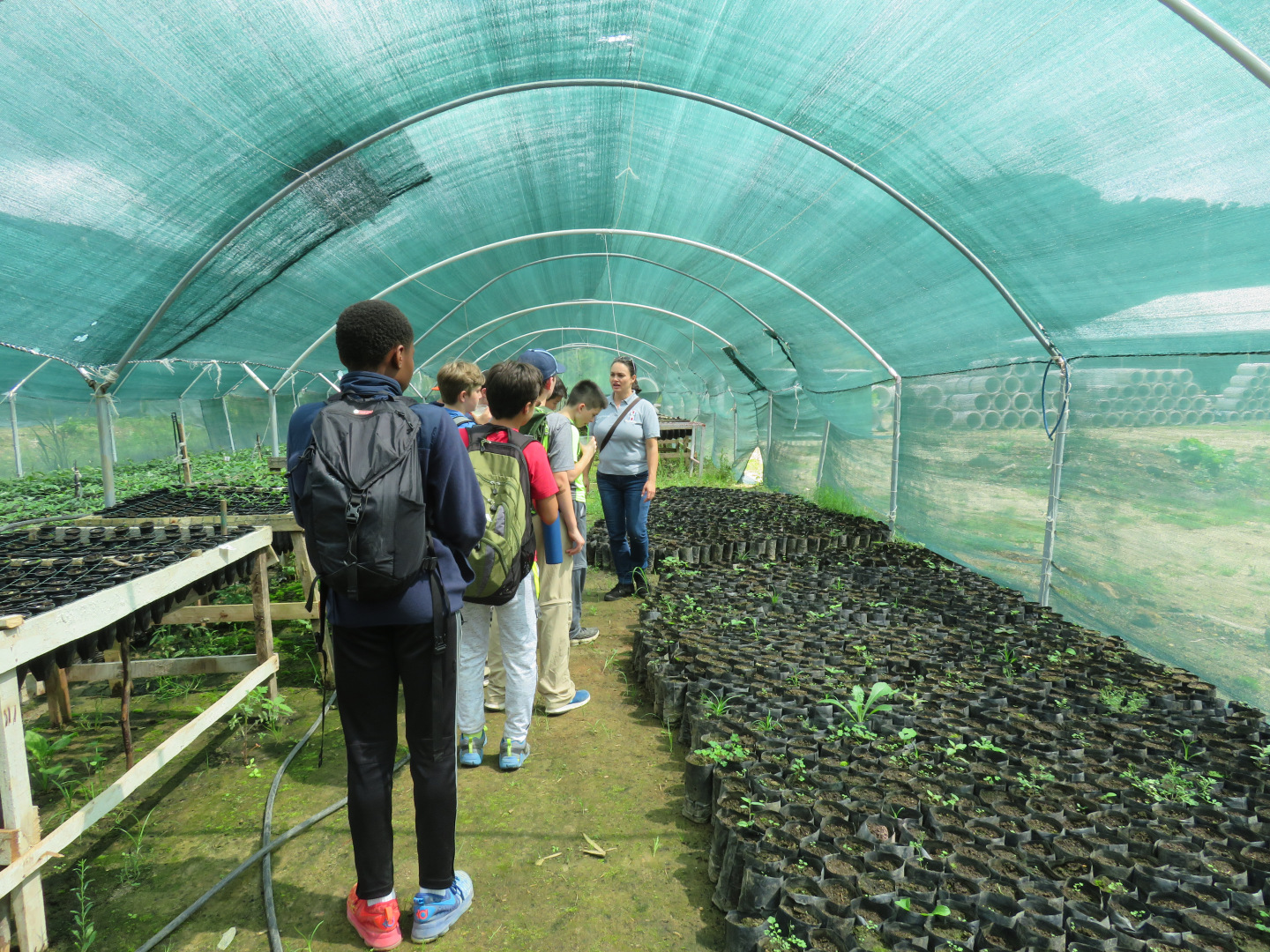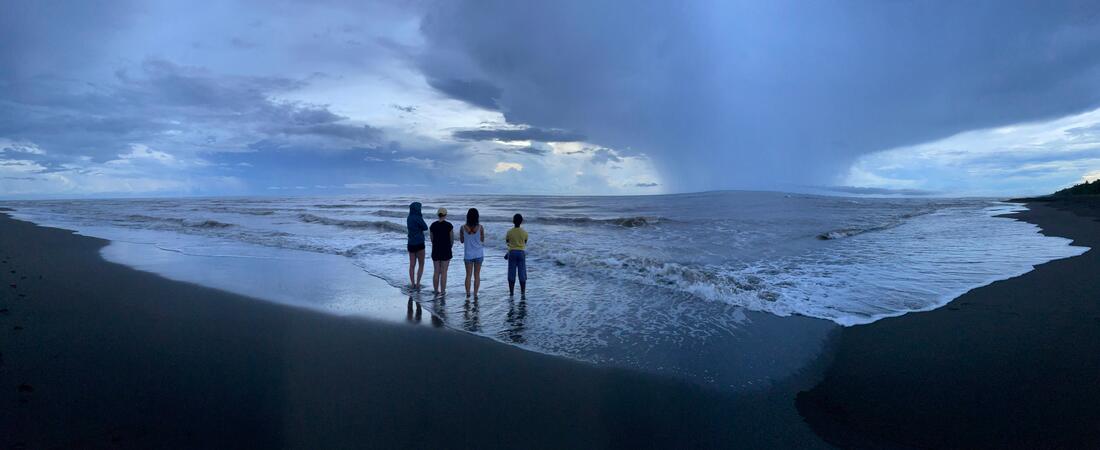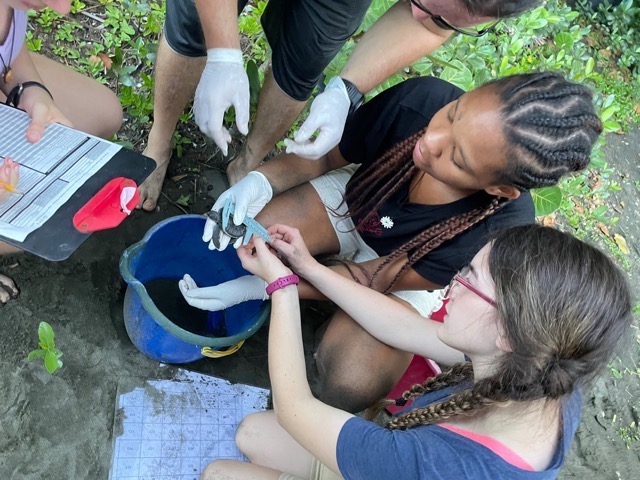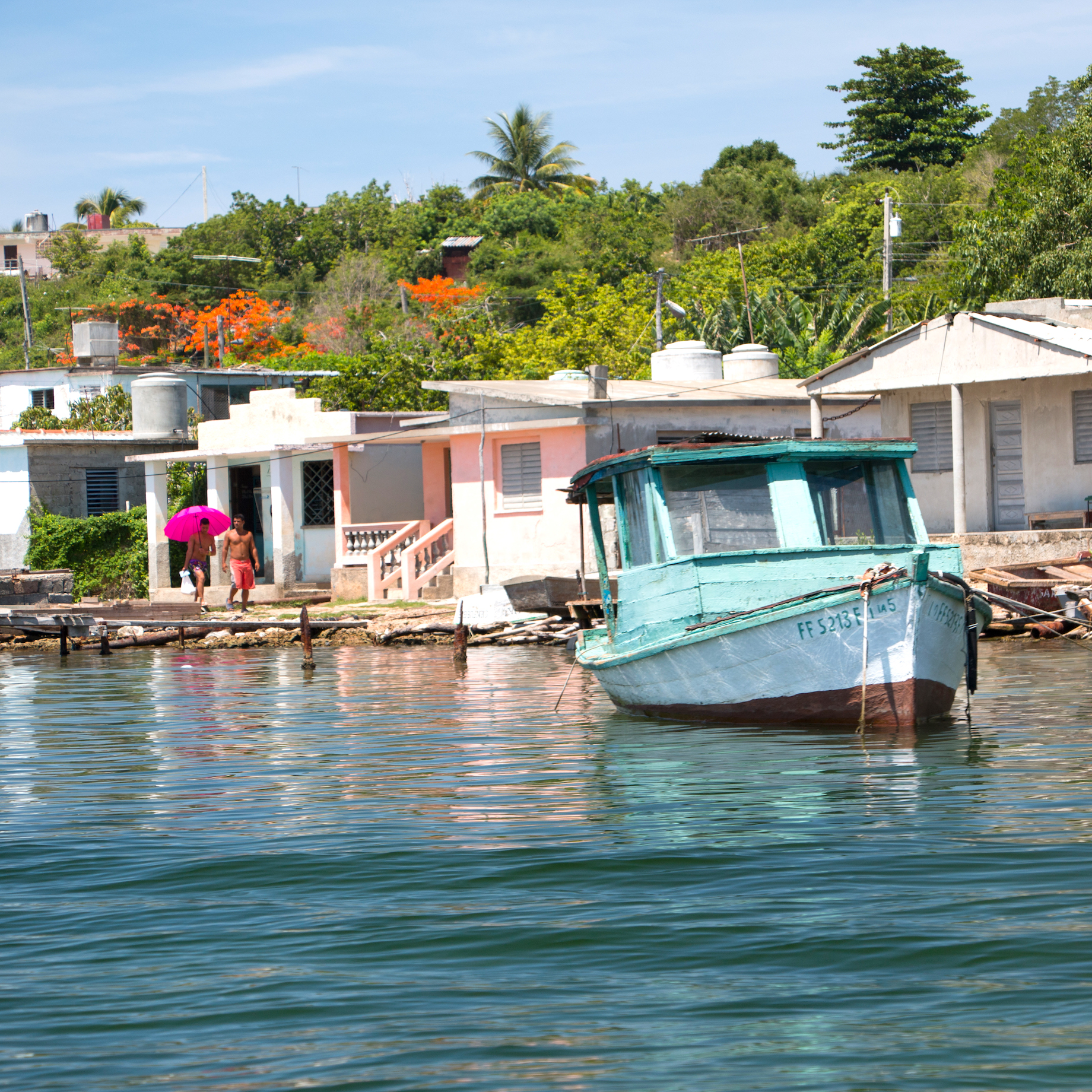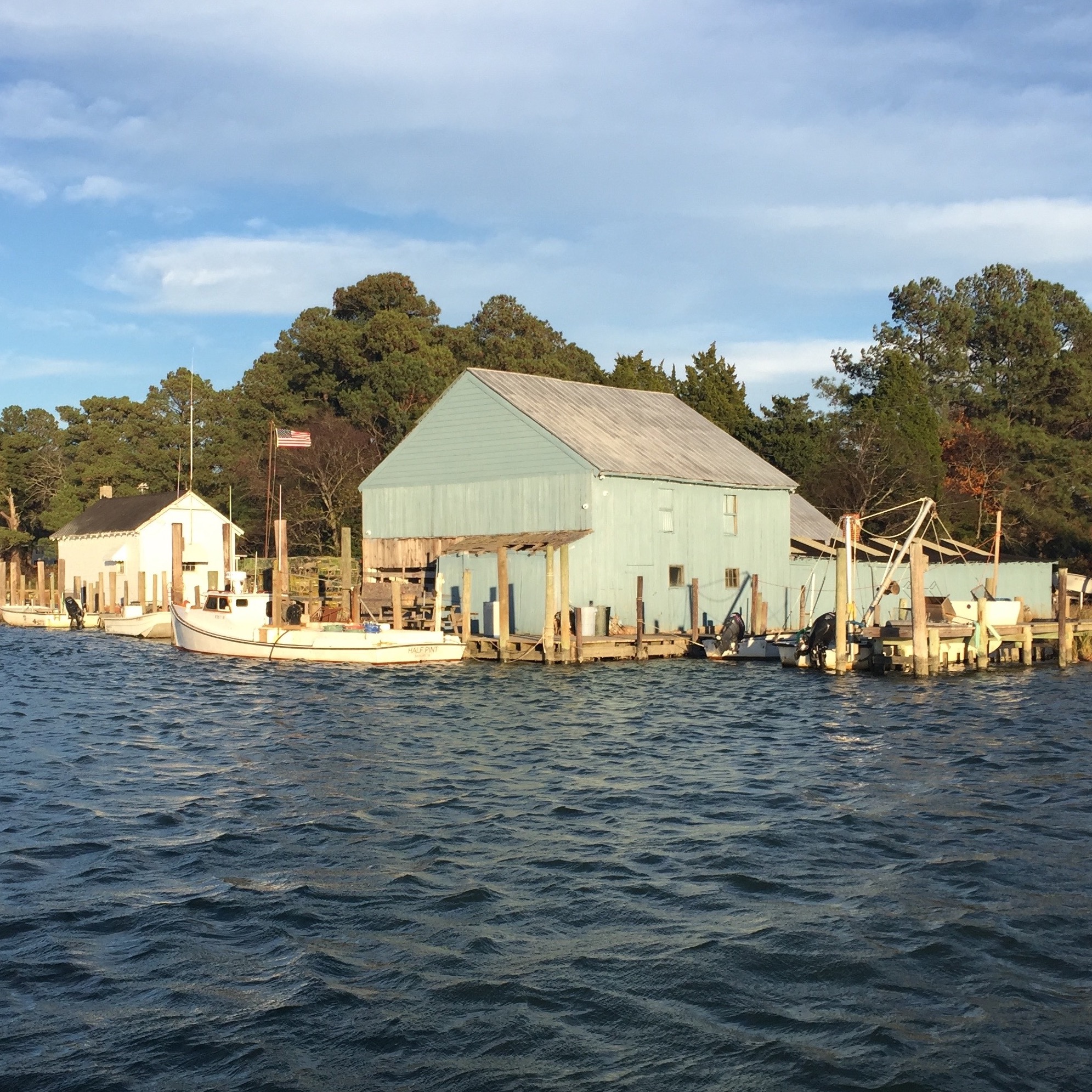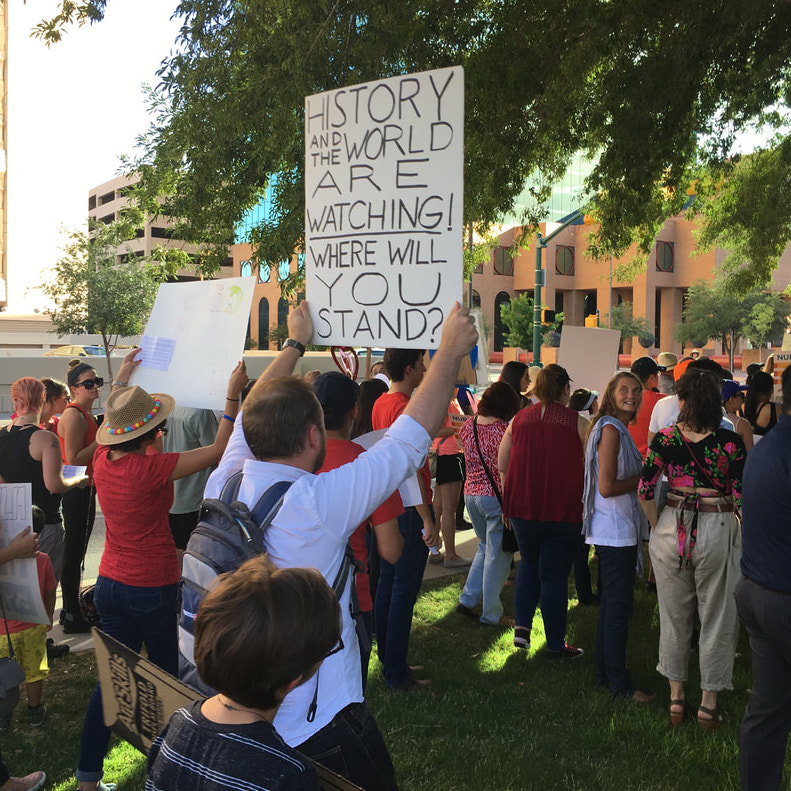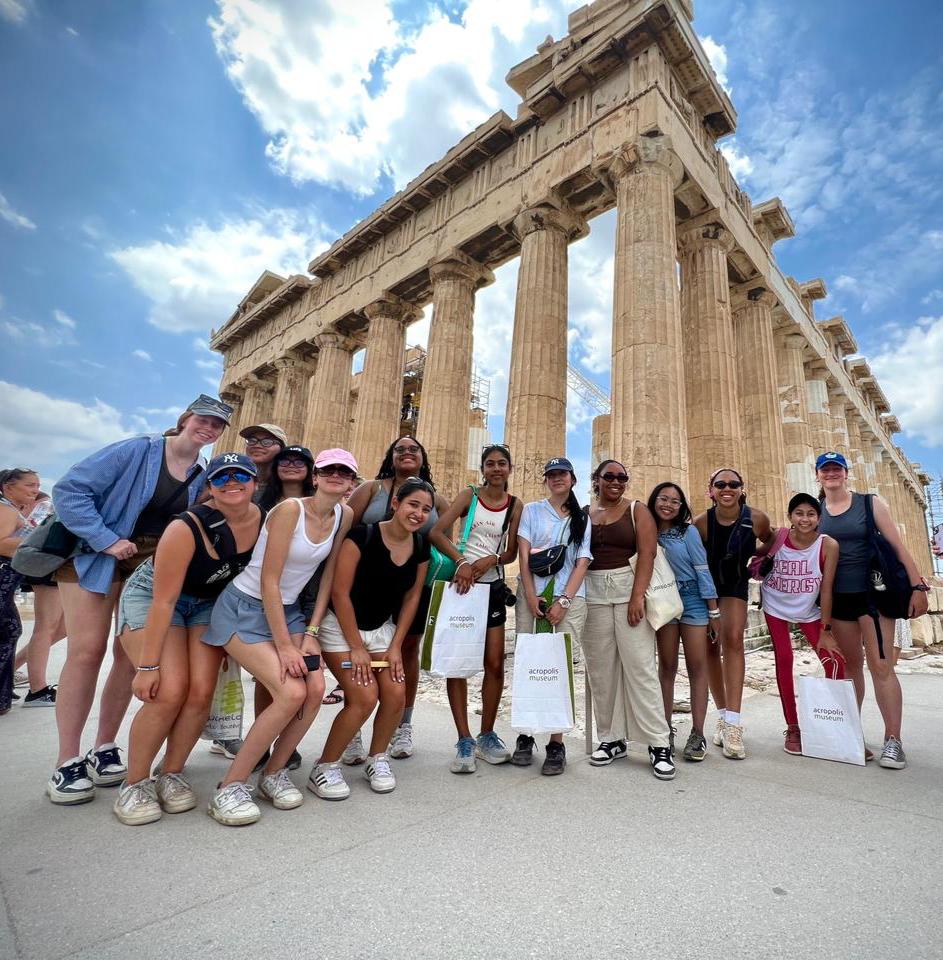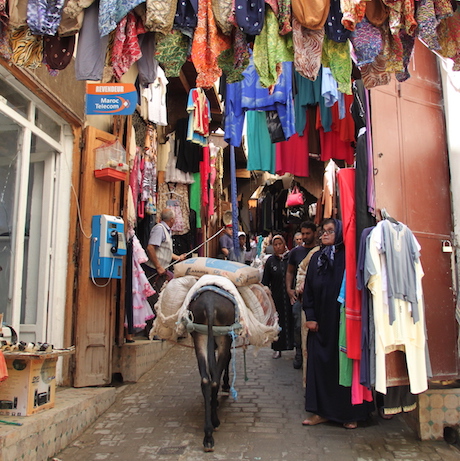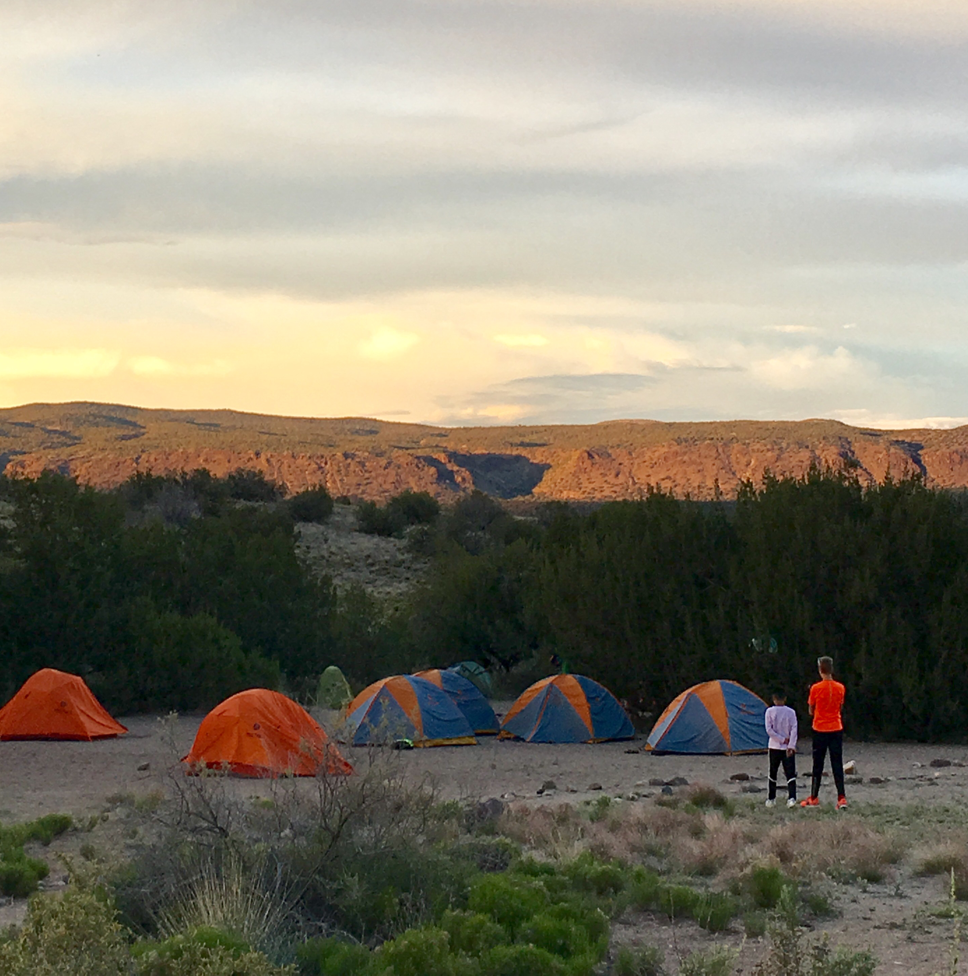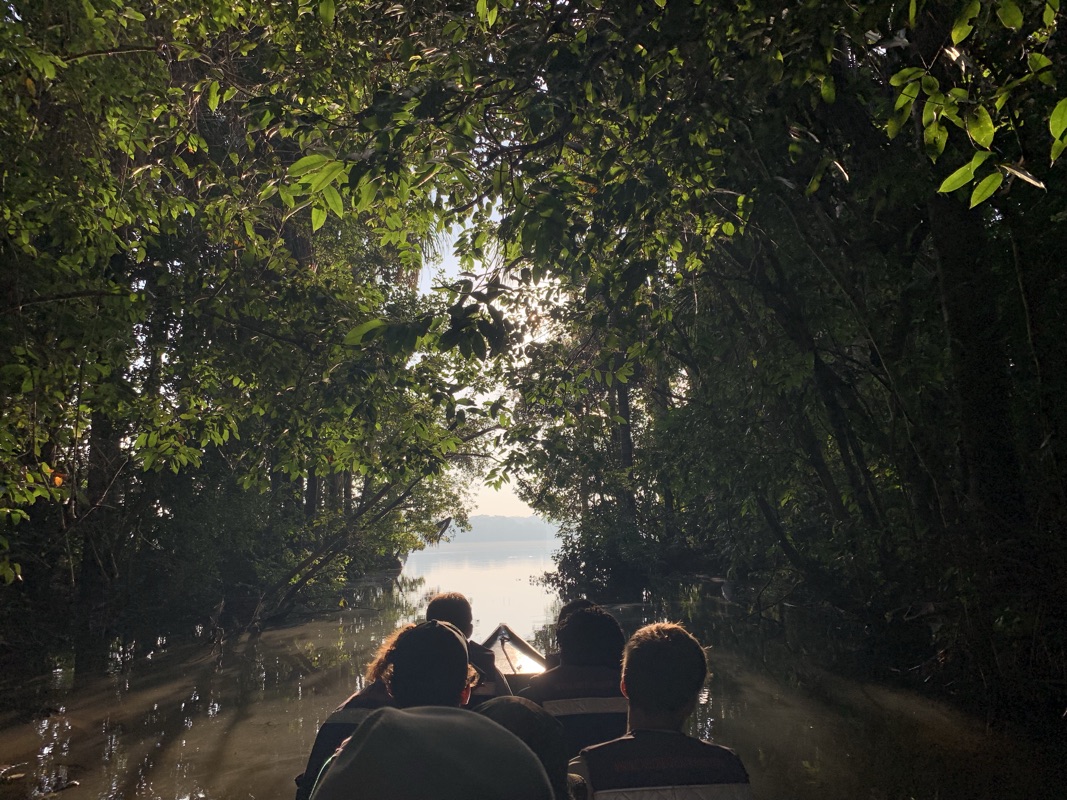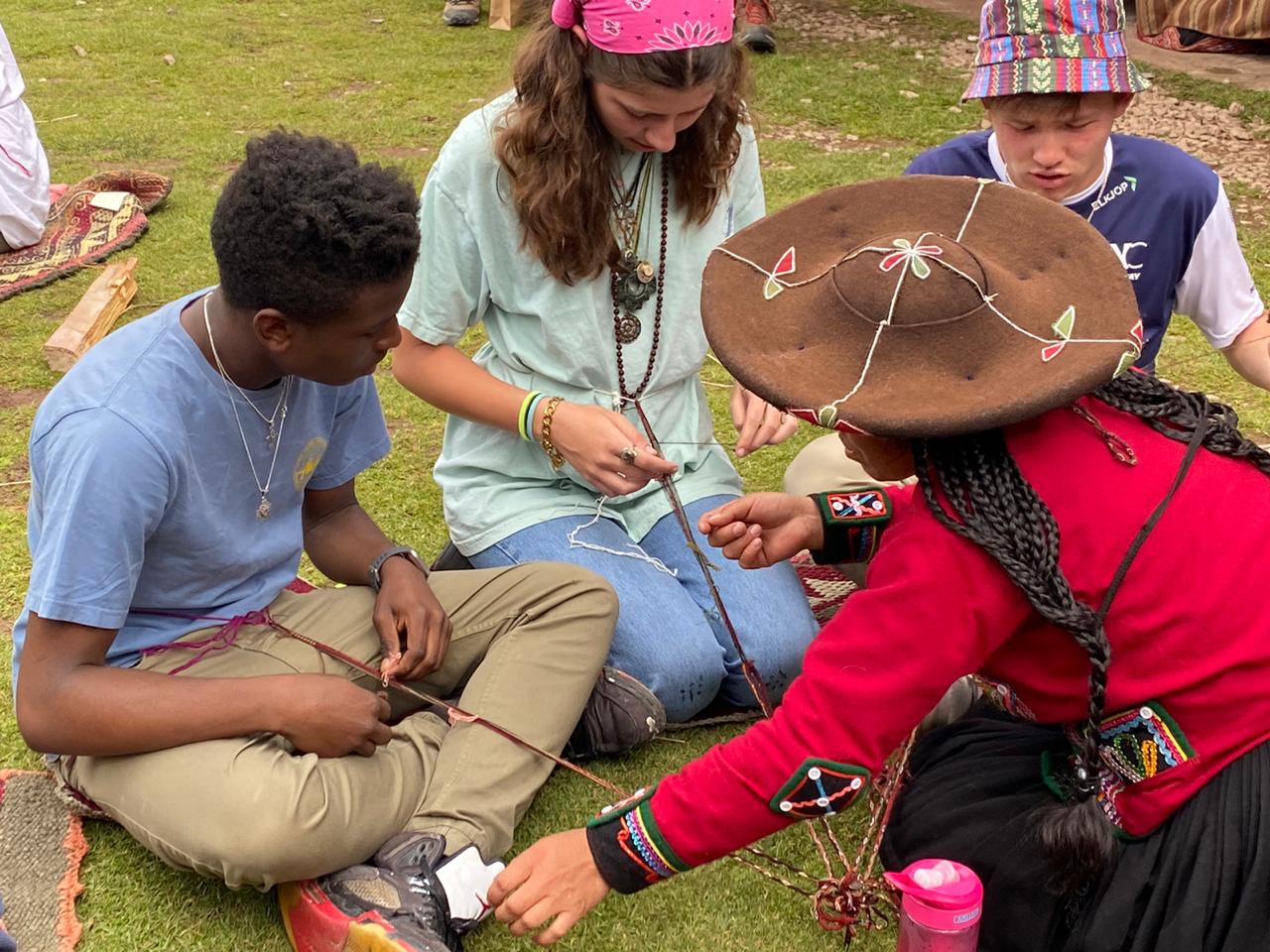Programs in Chilamate
On the Chilamate program, students will engage with the community by learning about the work being done by the purpose-driven organizations and local leaders in the area working on issues related to education, the environment, and organic agriculture. These “community engagement rotations” allow students to immerse themselves in our long-time partner communities in this region. Each day they will also have time to pursue specific interests such as cultural activities and playing sports, or to explore and deepen personal bonds with community members.
About two hours north of San José, Chilamate is located in the Sarapiquí province of Costa Rica. Chilamate is a lush and vibrant tropical ecosystem that is nestled between the Caribbean lowlands and the volcanic mountains. Chilamate’s lowland rainforest serves as a critical “green corridor” for migrating animals and is one of the most bio-diverse areas of the planet with a huge variety of exotic birds, mammals, insects, and lush vegetation. Costa Rica is a global leader in environmental sustainability, and Chilamate is one of its many protected rainforest areas.
In the face of growing concerns about climate change, local leaders in our partner community are actively working to mitigate climate change and contribute to global climate resilience. The rainforest serves as a carbon sink because it absorbs and stores significant amounts of carbon dioxide from the atmosphere and helps to combat rising greenhouse gas levels. Conservation efforts include reforestation and sustainable land management practices, which help maintain the delicate balance of the ecosystems. Local communities and organizations collaborate on projects aimed at preserving biodiversity, enhancing soil and water quality, and educating the public about the importance of rainforest conservation. Through these concerted efforts, the Chilamate Rainforest serves as a model for how regions can adapt and thrive in the face of climate change while actively contributing to the protection of our planet’s natural heritage.
The safety of our programs rests on the experience and skills of our Staff, Country Coordinators and Instructors, who convene at our annual training in Colorado’s Arkansas Valley.
- The Staff of World Leadership School have decades of experience working in different educational environments. Their focus is logistics, risk management, program design, professional development, and consulting.
- Our Country Coordinators live and work year round in our overseas countries. They screen our homestay families, evaluate our transport and other service providers, and provide ground support for our groups.
- Our Instructors are veteran educators with extensive international experience. They have wilderness first responder training and often have past affiliations with Peace Corps, Outward Bound, NOLS, and/or independent schools.
We strive to responsibly manage risks. Our itineraries minimize highway travel and maximize immersion in rural communities that we know well. We update our risk management protocols, integrate feedback into program design, and invest in safety and communication equipment. Despite these efforts, World Leadership School cannot guarantee safety nor can it eliminate the inherent and other risks of international student travel. For information regarding program activities and associated risks, risk management, and student and parent responsibilities, please contact our office.
“This program expanded my worldview… I now understand different perspectives and experiences more. There is so much that has made me reflect on my own life, and I’m inspired by the conservation efforts we helped with to bring back to my own community.”
— Student from Miss Porter’s School
“This program changed me and inspired me for the better. Stories from community members taught me to do and become better while other experiences got me out of my comfort zone.”
— Student from Trevor Day School
“I learned the importance of communication, especially between people from different backgrounds. Now I feel more curious to explore other cultures.”
— Student from Montclair Kimberley Academy

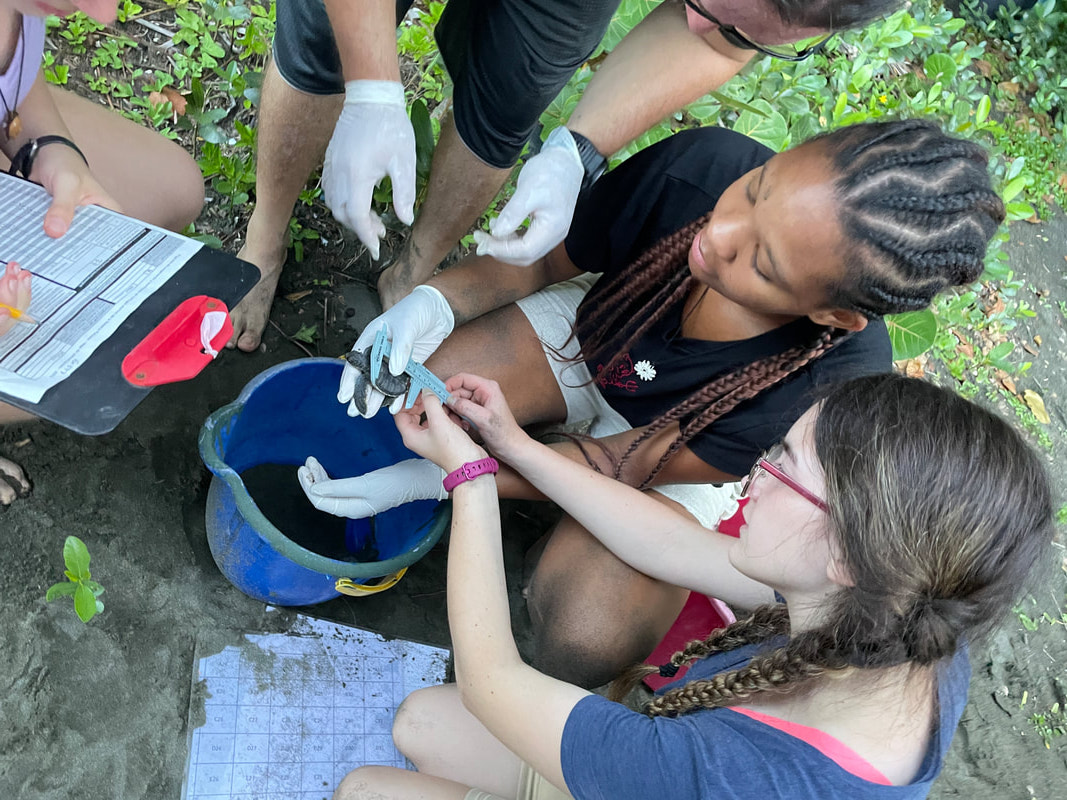
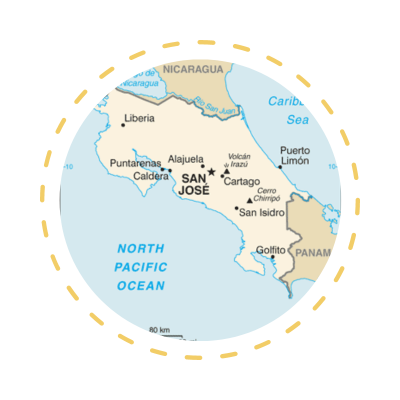
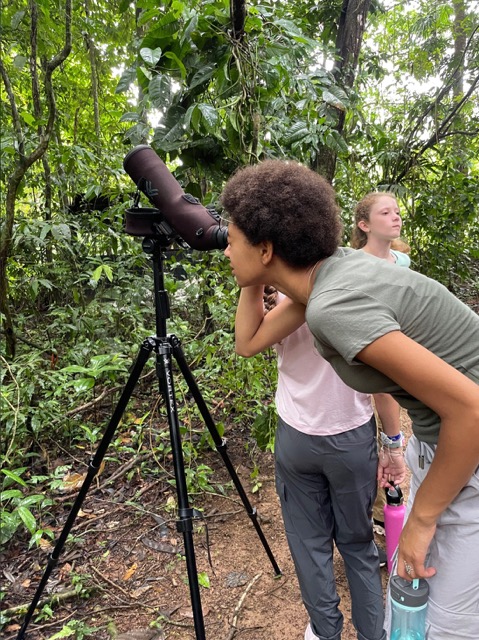
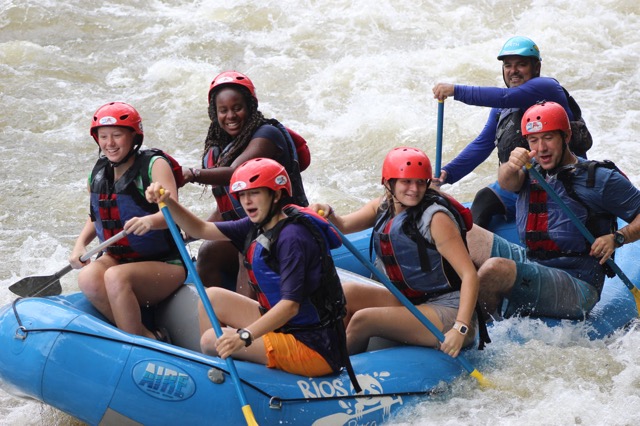
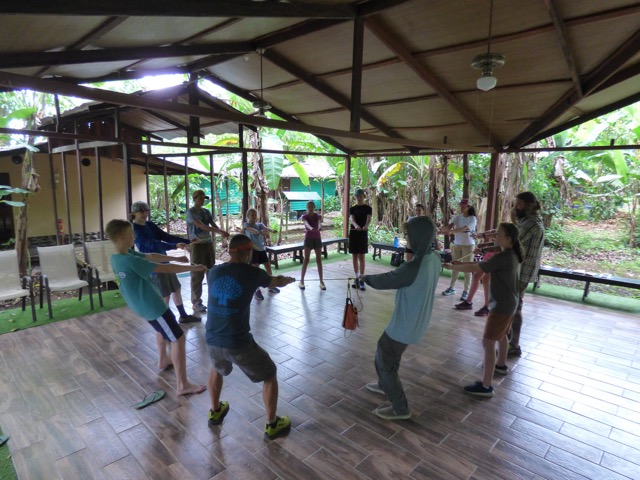
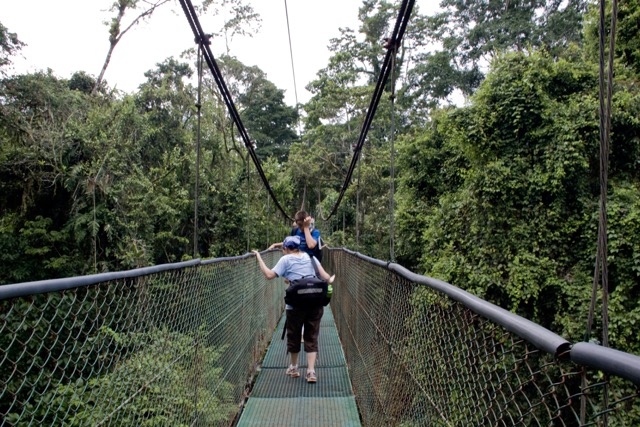

 Explore WLS
Student travel locations
Explore WLS
Student travel locations

